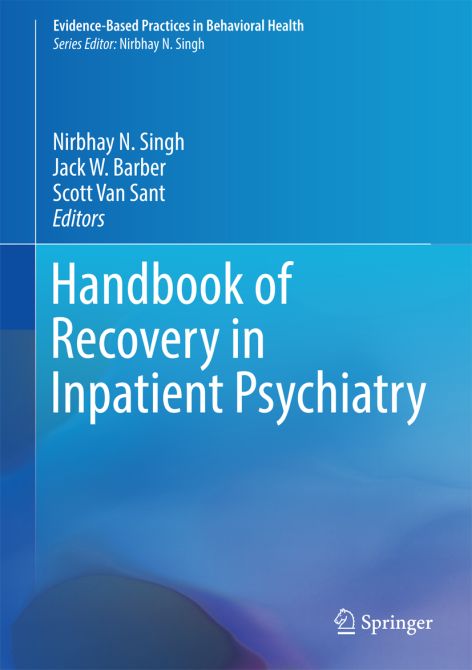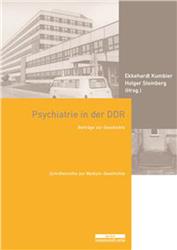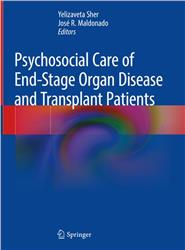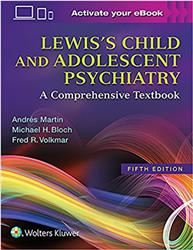Handbook of Recovery in Inpatient Psychiatry
| Auflage | 2017 |
| Seiten | 467 p. |
| Verlag | Springer |
| ISBN | 9783319405353 |
| Artikel-Nr. | 615985 |
Lieferzeit ca. 5 Werktage
Produktbeschreibung
This handbook provides a guide for individualized, responsive, and meaningful care to patients with severe mental illness. It begins with an overview of the foundational aspects of recovery - definitions and assessment, recovery principles, recovery research, and applications of recovery principles in in inpatient psychiatry. Subsequent chapters offer in-depth analyses of provider competencies, the patient’s role in personal choices and decision making, and the deeper healing goals of recovery. The handbook also offers detailed treatment modalities, including cognitive remediation, psychological and psychiatric services, nursing and occupational therapy services, peer support, and pharmacological treatment.
Featured topics include:
Sexuality and sexual health in the inpatient psychiatric setting.
The power of stigma and the usage of SAMHSA (Substance Abuse and Mental Health Services Administration) principles to combat stigma.
Legal advocacy.
Self-advocacy and empowerment.
Methods to enhance resilience and sustain recovery in inpatients.
Common errors and solutions during the transformation to recovery-oriented systems.
The Handbook of Recovery in Inpatient Psychiatry is a must-have resource for researchers, graduate students, clinicians, and related professionals/practitioners in psychology, psychiatry, social work, nursing, rehabilitation therapy, occupational therapy, physical therapy, and allied professionals in related mental health and medical disciplines.
Featured topics include:
Sexuality and sexual health in the inpatient psychiatric setting.
The power of stigma and the usage of SAMHSA (Substance Abuse and Mental Health Services Administration) principles to combat stigma.
Legal advocacy.
Self-advocacy and empowerment.
Methods to enhance resilience and sustain recovery in inpatients.
Common errors and solutions during the transformation to recovery-oriented systems.
The Handbook of Recovery in Inpatient Psychiatry is a must-have resource for researchers, graduate students, clinicians, and related professionals/practitioners in psychology, psychiatry, social work, nursing, rehabilitation therapy, occupational therapy, physical therapy, and allied professionals in related mental health and medical disciplines.

Bleiben Sie informiert!
Melden Sie sich für den frohberg.de-Newsletter an und nutzen Sie jetzt Ihre Vorteil:- Willkommens-Dankeschön: Beatmungsmaske Rescue Me
- Aktuelle Neuerscheinungen und Empfehlungen
- Exklusive Angebote und Kongress-Highlights






